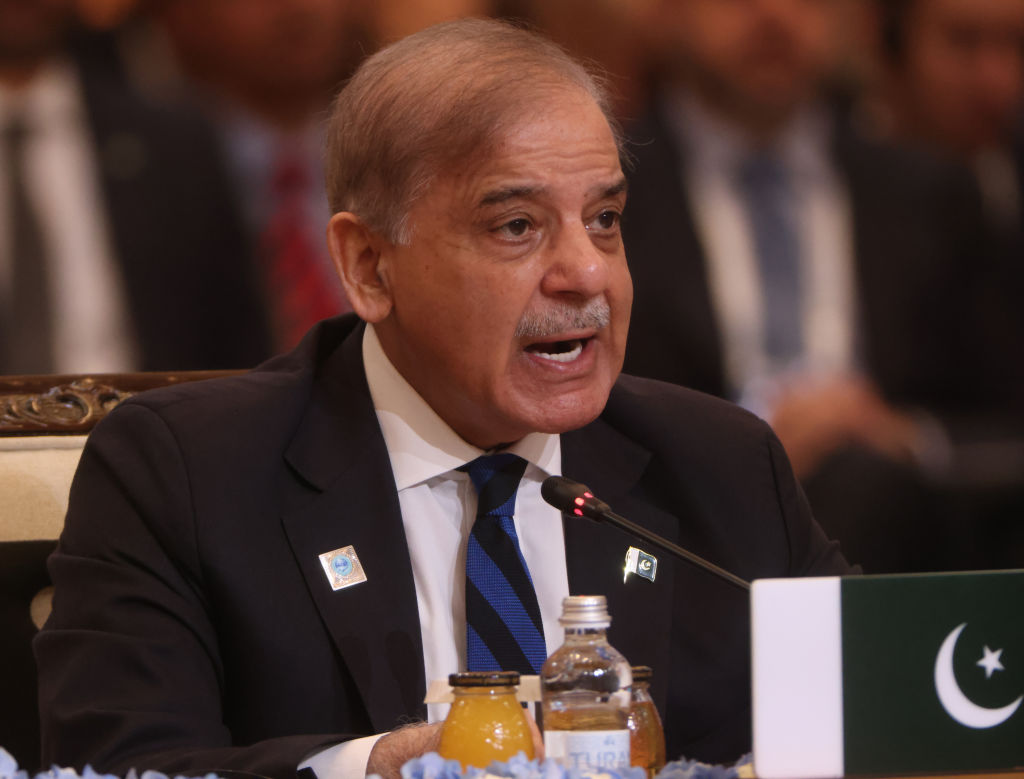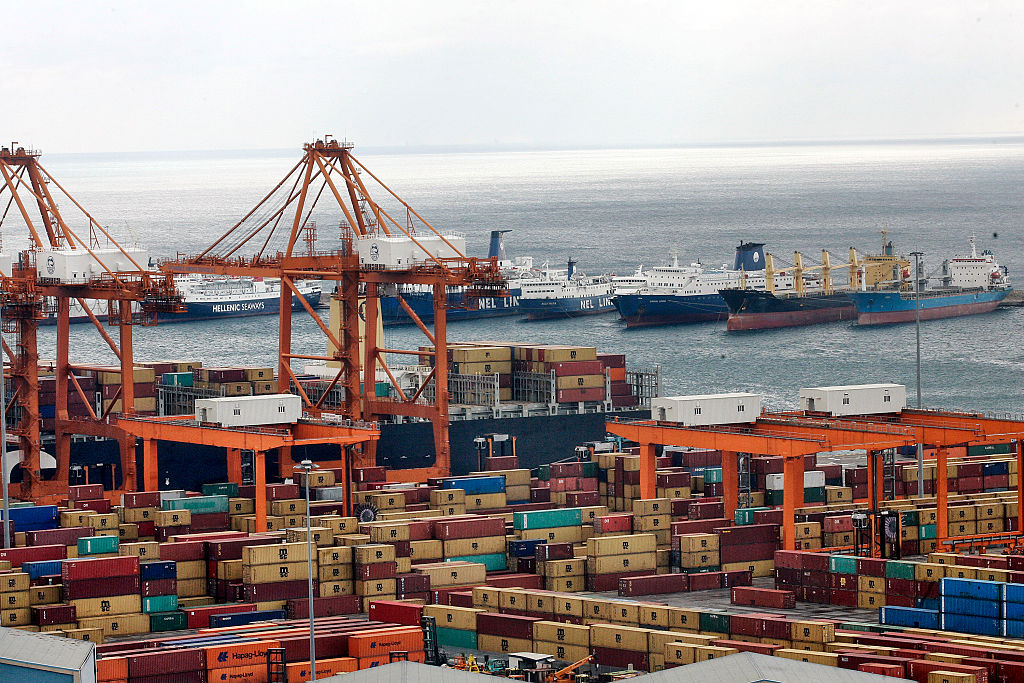Europe, that ancient cradle of civilisation, has long been a Christian continent. From the windswept cliffs of Ireland to the sun-drenched shores of Cyprus, the Cross has shaped our history, our art, our laws, and our very soul.
But Christianity is no dusty relic, no quaint museum piece to be gawked at by secular tourists. It is, instead, an integral segment of modern European culture – a living, breathing force that continues to inspire, challenge, and unite. And at the heart of this faith lies Easter, the Feast of Feasts, a celebration not merely of a man but of God Incarnate who trampled death by death, offering humanity a glimpse of eternity.
Let us be clear: Easter is not Christmas. The birth of Christ, with its twinkling lights and gift-wrapped cheer, has been highjacked by a consumerist West, its sacred core often drowned in tinsel and sentimentality. Easter, however, resists such domestication. It is raw, profound, mystical – a call to partake in the transcendental reality of the Resurrection.
For Christians, and especially for us Orthodox, who cling to the poorest and most ancient Church in the world, Easter is the pinnacle of the liturgical year. It is not a bank holiday, not a long weekend for chocolate eggs and bunnies. It is the moment when Jesus Christ, the Theanthropos, fully God and fully man, shattered the gates of Hades, proving that our mortal passing is not the end, but the beginning of life eternal.
In Christian theology, Pascha (as the Orthodox rightly call it, meaning “passover”) is the fulfilment of the divine economy. St. Paul proclaims, “If Christ has not been raised, your faith is futile” (1 Corinthians 15:17). The Resurrection is the cornerstone of Christian hope, the axis around which our entire existence turns.
The Orthodox Church, with its unbroken fidelity to the apostolic tradition, celebrates this truth with unparalleled intensity. From the midnight liturgies, where the faithful chant “Christos Anesti” in candlelit churches, to the red-dyed eggs symbolizing the blood of the Crucified, Pascha is a sensory and spiritual immersion in the victory of life over death. For the Orthodox – who number over 220 million worldwide, with half residing in Russia alone – Easter is not just a holiday. It is the holiday, the “Feast of Feasts” that defines our communion with the divine.
A vast part of our continent – Greece, Romania, Serbia, Bulgaria, Ukraine, and beyond – pulses with the rhythm of Orthodoxy. Here, Easter is not a footnote but the crescendo of the Christian calendar. And yet, this ancient faith is no mere anachronism from a bygone era. Christianity, and Orthodoxy in particular, is witnessing a remarkable resurgence, not only in Europe but across the globe.
Recent data paints a striking picture. While secularism gnaws Western societies, Christianity is experiencing a revival among new believers. The Pew Research Center notes that the global Christian population has grown to 2.5 billion, with significant increases in sub-Saharan Africa, Asia, and even pockets of the West. In the United States, Orthodoxy is quietly emerging as a magnet for converts, particularly among younger generations seeking depth and authenticity.
To be Christian today, is no longer an obligation inherited from ancestors – it is a conscious choice, a bold act of faith in a sceptical age. Especially in Churches and denominations where liturgical richness and theological rigor survive, Christianity’s appeal lies in its unapologetic embrace of mystery, its refusal to dilute the sacred for the sake of modernity.
We see this manifested by our Catholic and Protestant brothers and sisters, who also hold Easter as a sacred pinnacle of their faith. In the great cathedrals and in the streets of Italy, Spain, Portugal, France, Ireland, Austria, Hungary, and elsewhere, Catholics dive deep into the ancient mysticism of the Resurrection, their Holy Week processions and solemn Masses echoing the same divine truth we proclaim.
In Protestant communities too, from Germany to Scandinavia, the joy of Easter morning resounds in hymns and sermons that celebrate Christ’s victory over death. Easter unites all Christians, transcending denominational lines, as we collectively bear witness to the Risen Lord, each in our own tongue, yet bound by the same hope.
This resurgence is not a rejection of reason but an embrace of something greater. Easter invites us to confront the paradox of the Cross: That through death comes life, through sacrifice comes redemption. In a Europe torn between materialism and identity crises, Easter offers an anchor. It reminds us that our story does not end in the grave, that the God who became man has paved the way to eternity. This truth is not abstract but experiential, lived in the incense-filled liturgies, the fasting of Great Lent, and the joyous breaking of the Paschal fast with glorious feasts.
So let us, as Europeans, as Christians, as seekers of truth, reclaim Easter’s rightful place. Let us reject the temptation to reduce it to a springtime diversion or a cultural curiosity. Let us stand, as our forebearers did, in the light of the Resurrection, proclaiming with one voice: “Christ is Risen! Truly, He is Risen!” For in this cry lies the hope of Europe, the promise of renewal, and the eternal call to transcend the fleeting for the divine.





Can Europe buy all its energy from the USA? Trump’s pitch meets reality